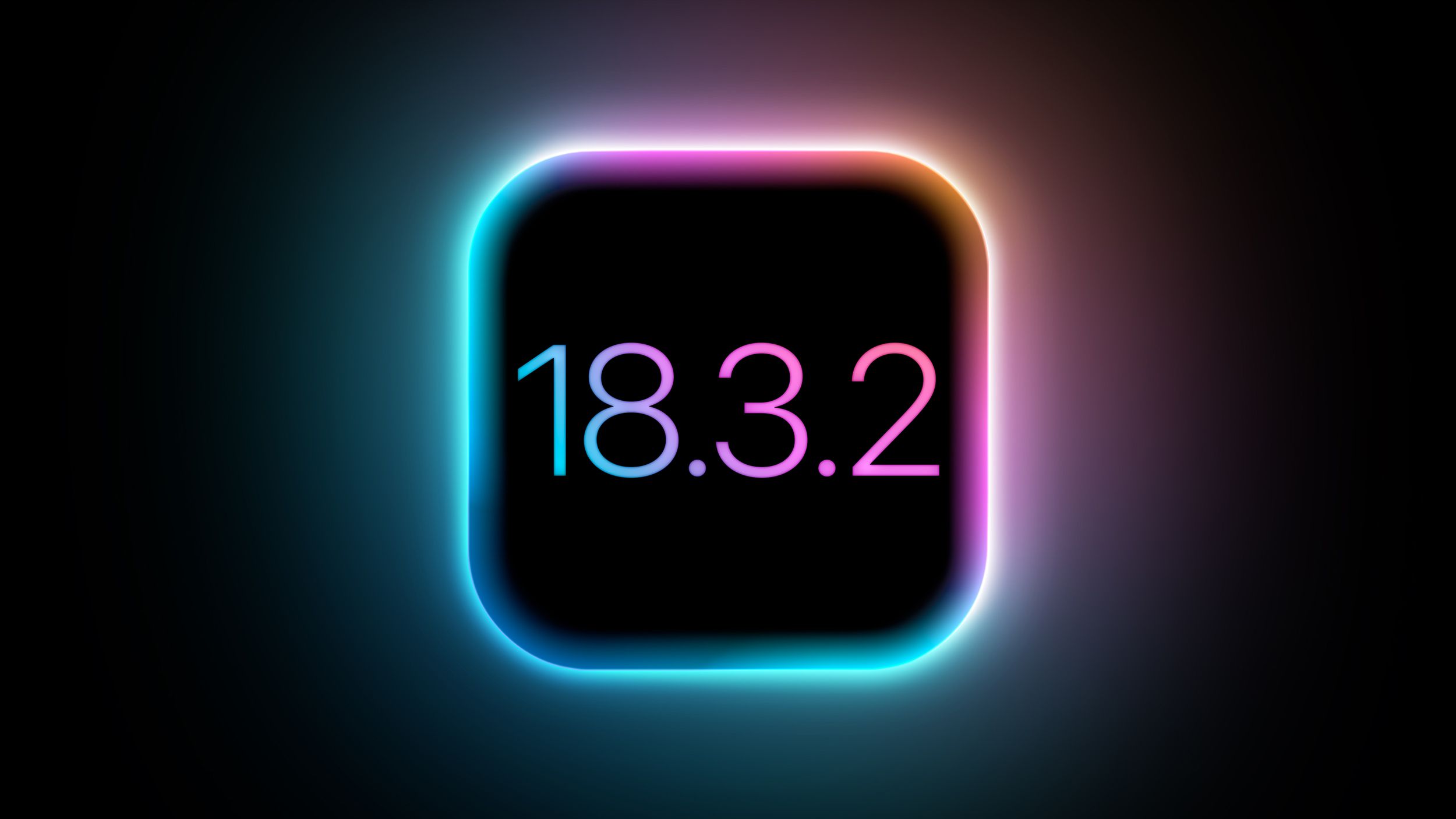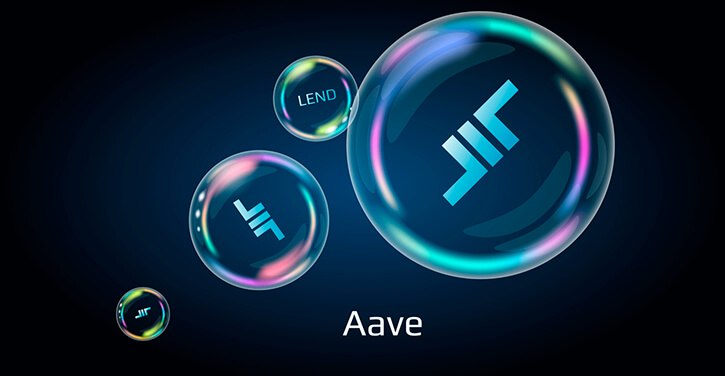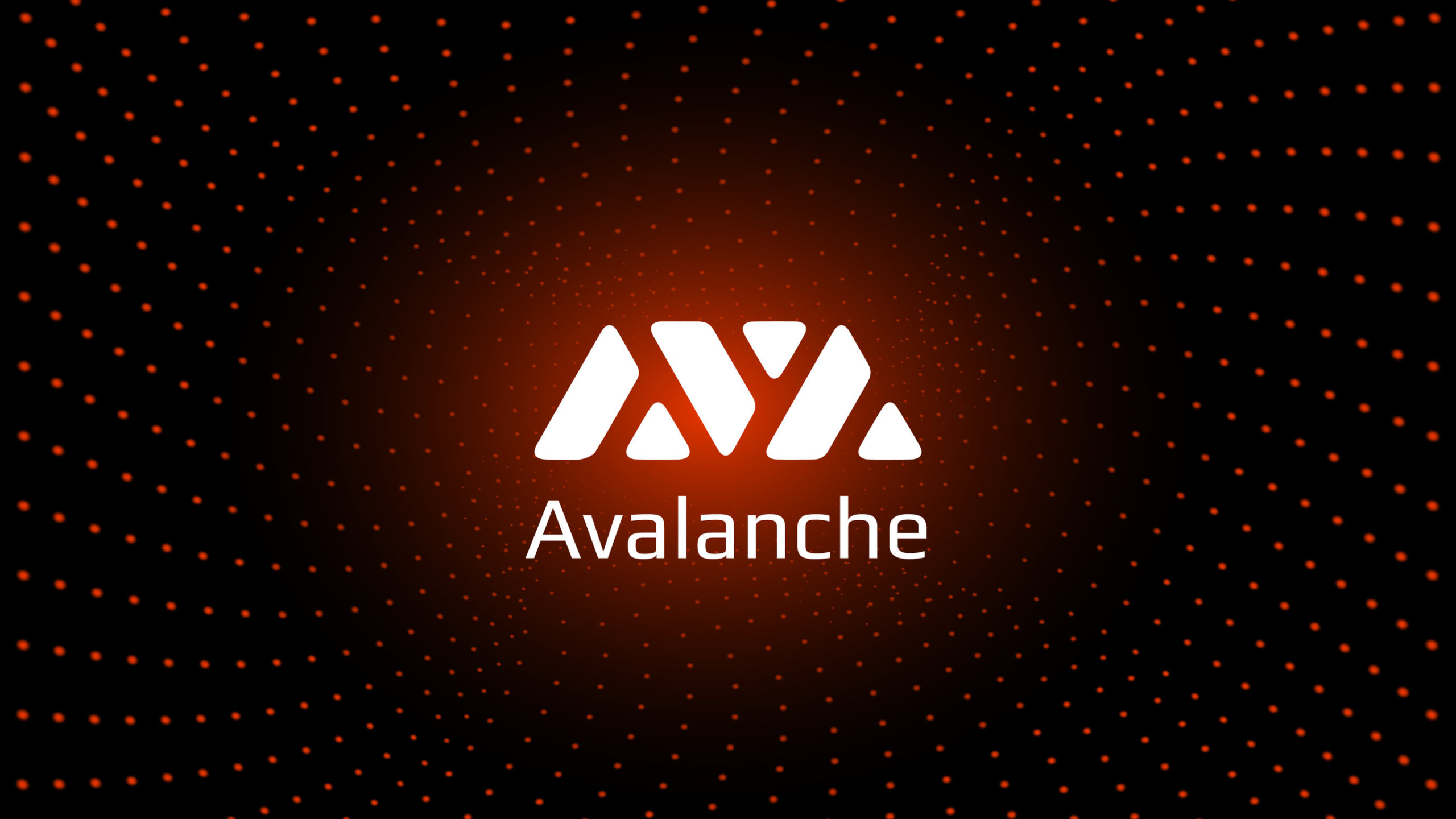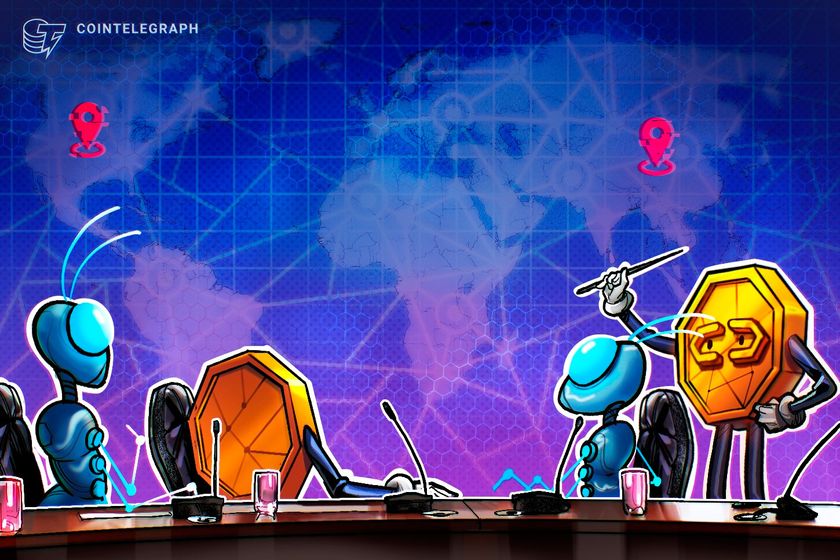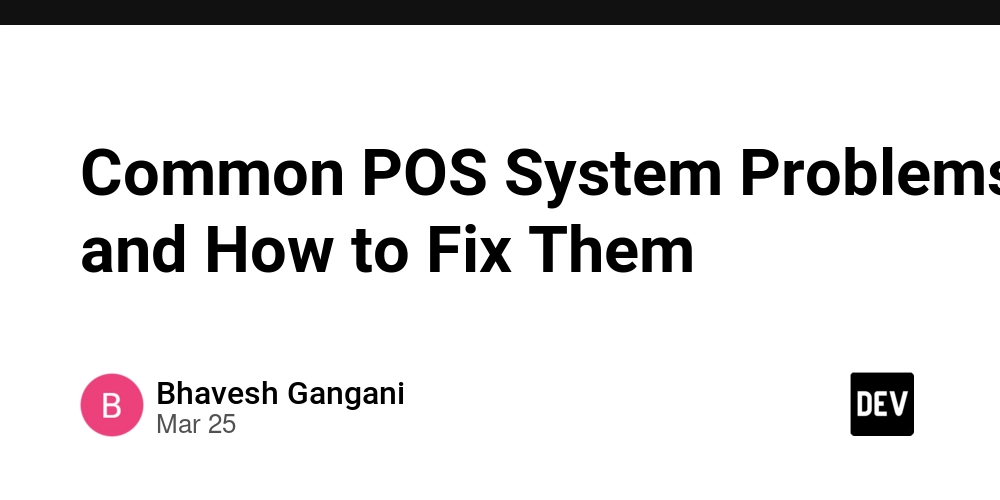Unleashing the Power of Agentic AI: How Autonomous Agents are revolutionizing cybersecurity and Application Security
The following is a brief introduction to the topic: Artificial intelligence (AI) is a key component in the continually evolving field of cyber security, is being used by businesses to improve their defenses. As security threats grow more complex, they tend to turn towards AI. Although AI has been an integral part of the cybersecurity toolkit since a long time and has been around for a while, the advent of agentsic AI has ushered in a brand new age of proactive, adaptive, and connected security products. This article focuses on the transformative potential of agentic AI and focuses specifically on its use in applications security (AppSec) as well as the revolutionary concept of automatic vulnerability-fixing. The rise of Agentic AI in Cybersecurity Agentic AI is a term used to describe intelligent, goal-oriented and autonomous systems that understand their environment to make decisions and then take action to meet particular goals. Agentic AI is distinct from conventional reactive or rule-based AI in that it can learn and adapt to its environment, and also operate on its own. In deep learning defense of cybersecurity, the autonomy translates into AI agents that constantly monitor networks, spot abnormalities, and react to threats in real-time, without any human involvement. The power of AI agentic in cybersecurity is immense. Utilizing machine learning algorithms as well as huge quantities of data, these intelligent agents can spot patterns and similarities which human analysts may miss. They can discern patterns and correlations in the multitude of security threats, picking out the most critical incidents and providing a measurable insight for rapid response. Agentic AI systems are able to learn and improve their capabilities of detecting risks, while also adapting themselves to cybercriminals' ever-changing strategies. ai code security scanning and Application Security Agentic AI is a broad field of uses across many aspects of cybersecurity, its influence on application security is particularly noteworthy. As organizations increasingly rely on sophisticated, interconnected software systems, securing the security of these systems has been the top concern. Standard AppSec strategies, including manual code reviews, as well as periodic vulnerability scans, often struggle to keep up with the fast-paced development process and growing vulnerability of today's applications. Agentic AI is the new frontier. Incorporating intelligent agents into the software development cycle (SDLC) companies can transform their AppSec practice from reactive to proactive. AI-powered agents are able to keep track of the repositories for code, and evaluate each change for weaknesses in security. They can leverage advanced techniques like static code analysis, test-driven testing and machine-learning to detect a wide range of issues, from common coding mistakes as well as subtle vulnerability to injection. Intelligent AI is unique in AppSec due to its ability to adjust and learn about the context for every app. In the process of creating a full CPG - a graph of the property code (CPG) that is a comprehensive diagram of the codebase which shows the relationships among various components of code - agentsic AI will gain an in-depth comprehension of an application's structure along with data flow and possible attacks. This contextual awareness allows the AI to identify weaknesses based on their actual impact and exploitability, instead of relying on general severity rating. Artificial Intelligence Powers Autonomous Fixing Perhaps the most interesting application of AI that is agentic AI in AppSec is the concept of automated vulnerability fix. Traditionally, once a vulnerability has been discovered, it falls upon human developers to manually examine the code, identify the issue, and implement a fix. It can take a long time, can be prone to error and slow the implementation of important security patches. With agentic AI, the game changes. AI agents are able to detect and repair vulnerabilities on their own thanks to CPG's in-depth knowledge of codebase. They can analyse the code around the vulnerability and understand the purpose of it and then craft a solution which corrects the flaw, while making sure that they do not introduce additional vulnerabilities. AI-powered automation of fixing can have profound impact. It is able to significantly reduce the time between vulnerability discovery and remediation, eliminating the opportunities for attackers. This relieves the development team from having to spend countless hours on fixing security problems. The team can be able to concentrate on the development of fresh features. Automating the process of fixing weaknesses will allow organizations to be sure that they are using a reliable and consistent method, which reduces the chance for human error and oversight. Questions and Challenges Although the possibilities of using agentic AI in cybersecurity and AppSec is vast
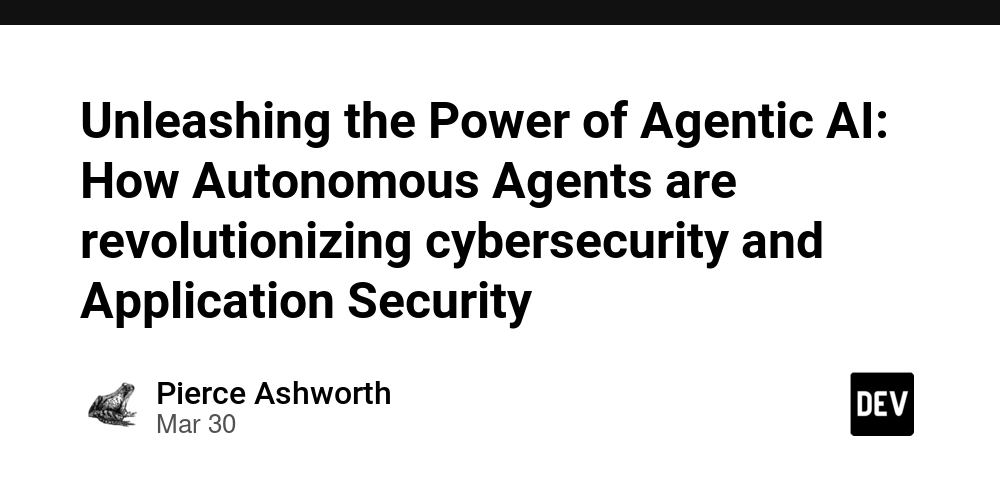
The following is a brief introduction to the topic:
Artificial intelligence (AI) is a key component in the continually evolving field of cyber security, is being used by businesses to improve their defenses. As security threats grow more complex, they tend to turn towards AI. Although AI has been an integral part of the cybersecurity toolkit since a long time and has been around for a while, the advent of agentsic AI has ushered in a brand new age of proactive, adaptive, and connected security products. This article focuses on the transformative potential of agentic AI and focuses specifically on its use in applications security (AppSec) as well as the revolutionary concept of automatic vulnerability-fixing.
The rise of Agentic AI in Cybersecurity
Agentic AI is a term used to describe intelligent, goal-oriented and autonomous systems that understand their environment to make decisions and then take action to meet particular goals. Agentic AI is distinct from conventional reactive or rule-based AI in that it can learn and adapt to its environment, and also operate on its own. In deep learning defense of cybersecurity, the autonomy translates into AI agents that constantly monitor networks, spot abnormalities, and react to threats in real-time, without any human involvement.
The power of AI agentic in cybersecurity is immense. Utilizing machine learning algorithms as well as huge quantities of data, these intelligent agents can spot patterns and similarities which human analysts may miss. They can discern patterns and correlations in the multitude of security threats, picking out the most critical incidents and providing a measurable insight for rapid response. Agentic AI systems are able to learn and improve their capabilities of detecting risks, while also adapting themselves to cybercriminals' ever-changing strategies.
ai code security scanning and Application Security
Agentic AI is a broad field of uses across many aspects of cybersecurity, its influence on application security is particularly noteworthy. As organizations increasingly rely on sophisticated, interconnected software systems, securing the security of these systems has been the top concern. Standard AppSec strategies, including manual code reviews, as well as periodic vulnerability scans, often struggle to keep up with the fast-paced development process and growing vulnerability of today's applications.
Agentic AI is the new frontier. Incorporating intelligent agents into the software development cycle (SDLC) companies can transform their AppSec practice from reactive to proactive. AI-powered agents are able to keep track of the repositories for code, and evaluate each change for weaknesses in security. They can leverage advanced techniques like static code analysis, test-driven testing and machine-learning to detect a wide range of issues, from common coding mistakes as well as subtle vulnerability to injection.
Intelligent AI is unique in AppSec due to its ability to adjust and learn about the context for every app. In the process of creating a full CPG - a graph of the property code (CPG) that is a comprehensive diagram of the codebase which shows the relationships among various components of code - agentsic AI will gain an in-depth comprehension of an application's structure along with data flow and possible attacks. This contextual awareness allows the AI to identify weaknesses based on their actual impact and exploitability, instead of relying on general severity rating.
Artificial Intelligence Powers Autonomous Fixing
Perhaps the most interesting application of AI that is agentic AI in AppSec is the concept of automated vulnerability fix. Traditionally, once a vulnerability has been discovered, it falls upon human developers to manually examine the code, identify the issue, and implement a fix. It can take a long time, can be prone to error and slow the implementation of important security patches.
With agentic AI, the game changes. AI agents are able to detect and repair vulnerabilities on their own thanks to CPG's in-depth knowledge of codebase. They can analyse the code around the vulnerability and understand the purpose of it and then craft a solution which corrects the flaw, while making sure that they do not introduce additional vulnerabilities.
AI-powered automation of fixing can have profound impact. It is able to significantly reduce the time between vulnerability discovery and remediation, eliminating the opportunities for attackers. This relieves the development team from having to spend countless hours on fixing security problems. The team can be able to concentrate on the development of fresh features. Automating the process of fixing weaknesses will allow organizations to be sure that they are using a reliable and consistent method, which reduces the chance for human error and oversight.
Questions and Challenges
Although the possibilities of using agentic AI in cybersecurity and AppSec is vast It is crucial to be aware of the risks and concerns that accompany its implementation. An important issue is trust and accountability. Companies must establish clear guidelines to make sure that AI is acting within the acceptable parameters when AI agents grow autonomous and can take decision on their own. This includes the implementation of robust test and validation methods to verify the correctness and safety of AI-generated fixes.
A further challenge is the potential for adversarial attacks against the AI system itself. The attackers may attempt to alter the data, or exploit AI model weaknesses since agents of AI models are increasingly used in cyber security. It is essential to employ secure AI methods like adversarial-learning and model hardening.
In addition, the efficiency of the agentic AI within AppSec is dependent upon the integrity and reliability of the graph for property code. Maintaining and constructing an accurate CPG involves a large spending on static analysis tools and frameworks for dynamic testing, and data integration pipelines. The organizations must also make sure that their CPGs remain up-to-date to keep up with changes in the codebase and evolving threats.
The Future of Agentic AI in Cybersecurity
The future of AI-based agentic intelligence for cybersecurity is very promising, despite the many challenges. As AI technologies continue to advance, we can expect to witness more sophisticated and resilient autonomous agents capable of detecting, responding to and counter cyber attacks with incredible speed and precision. Agentic AI within AppSec can revolutionize the way that software is designed and developed which will allow organizations to create more robust and secure software.
Furthermore, the incorporation of artificial intelligence into the cybersecurity landscape can open up new possibilities in collaboration and coordination among various security tools and processes. Imagine a world where agents are autonomous and work in the areas of network monitoring, incident response as well as threat analysis and management of vulnerabilities. They could share information as well as coordinate their actions and give proactive cyber security.
As we progress we must encourage businesses to be open to the possibilities of AI agent while being mindful of the ethical and societal implications of autonomous technology. In fostering a climate of responsible AI development, transparency and accountability, it is possible to leverage the power of AI to create a more safe and robust digital future.
Conclusion
Agentic AI is a revolutionary advancement in the world of cybersecurity. It's an entirely new approach to recognize, avoid, and mitigate cyber threats. By leveraging the power of autonomous agents, particularly when it comes to application security and automatic vulnerability fixing, organizations can improve their security by shifting by shifting from reactive to proactive, shifting from manual to automatic, and also from being generic to context cognizant.
Agentic AI presents many issues, however the advantages are sufficient to not overlook. As we continue to push the boundaries of AI for cybersecurity, it's crucial to remain in a state of constant learning, adaption of responsible and innovative ideas. By doing so, we can unlock the potential of AI-assisted security to protect our digital assets, secure the organizations we work for, and provide the most secure possible future for all.
ai code security scanning














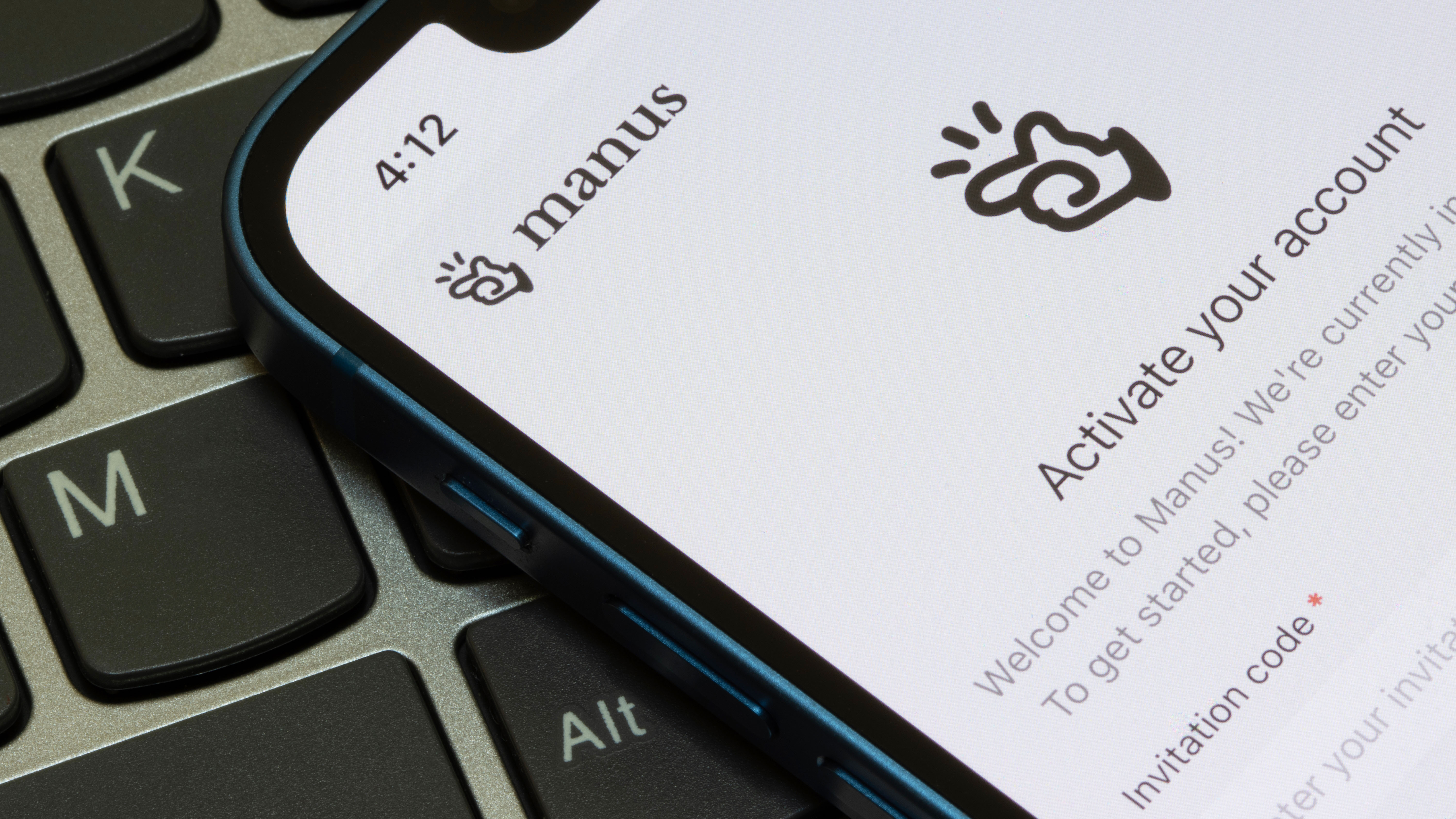







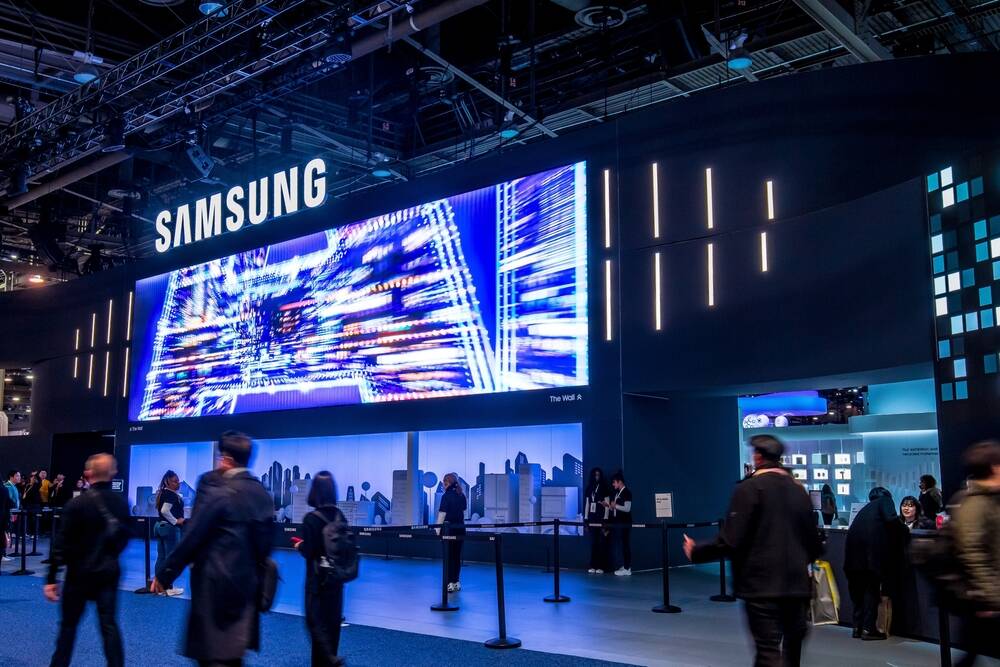
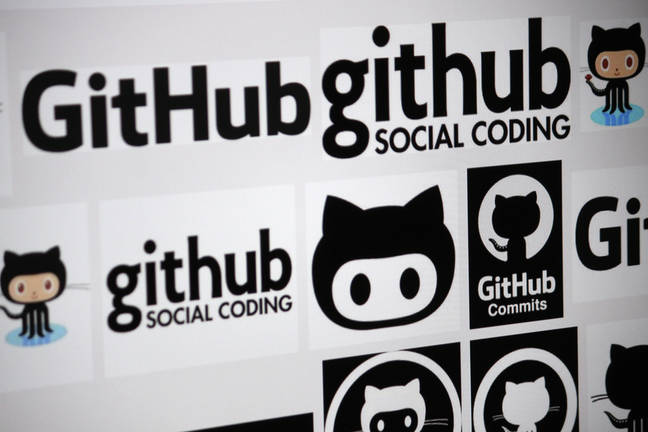













































































































































![[The AI Show Episode 142]: ChatGPT’s New Image Generator, Studio Ghibli Craze and Backlash, Gemini 2.5, OpenAI Academy, 4o Updates, Vibe Marketing & xAI Acquires X](https://www.marketingaiinstitute.com/hubfs/ep%20142%20cover.png)



















































































































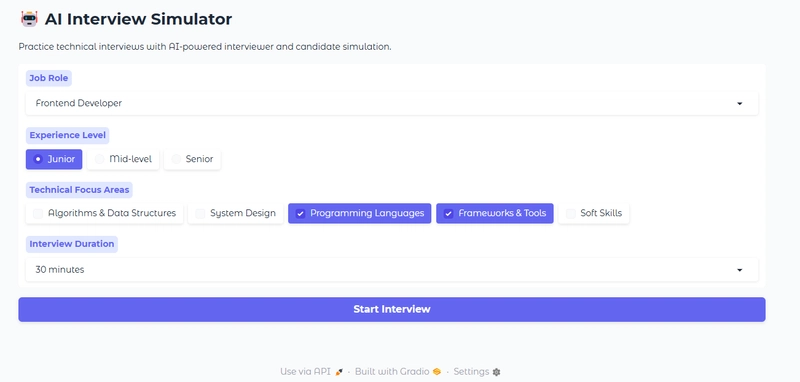













![From drop-out to software architect with Jason Lengstorf [Podcast #167]](https://cdn.hashnode.com/res/hashnode/image/upload/v1743796461357/f3d19cd7-e6f5-4d7c-8bfc-eb974bc8da68.png?#)













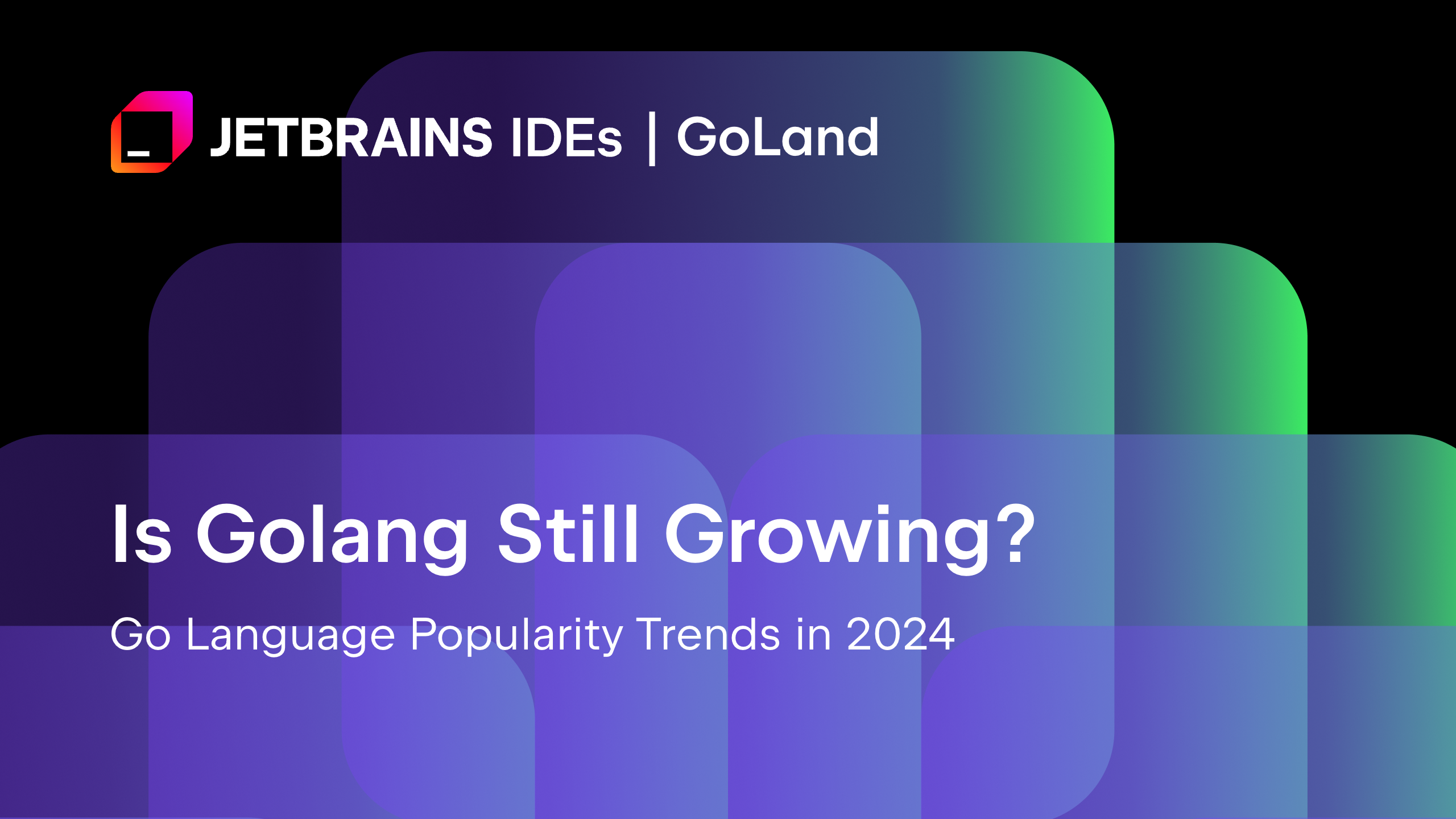




























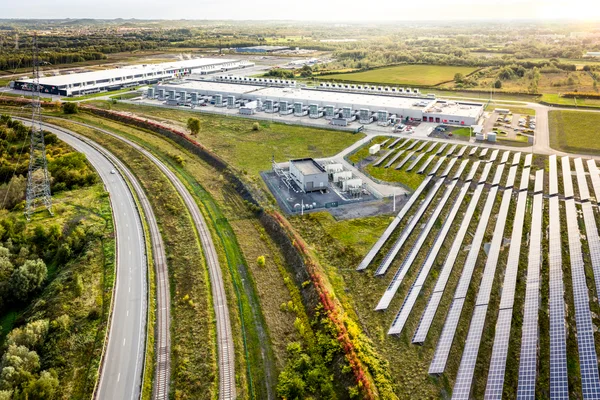



































































(1).jpg?width=1920&height=1920&fit=bounds&quality=80&format=jpg&auto=webp#)






























_NicoElNino_Alamy.png?#)
.webp?#)
.webp?#)















































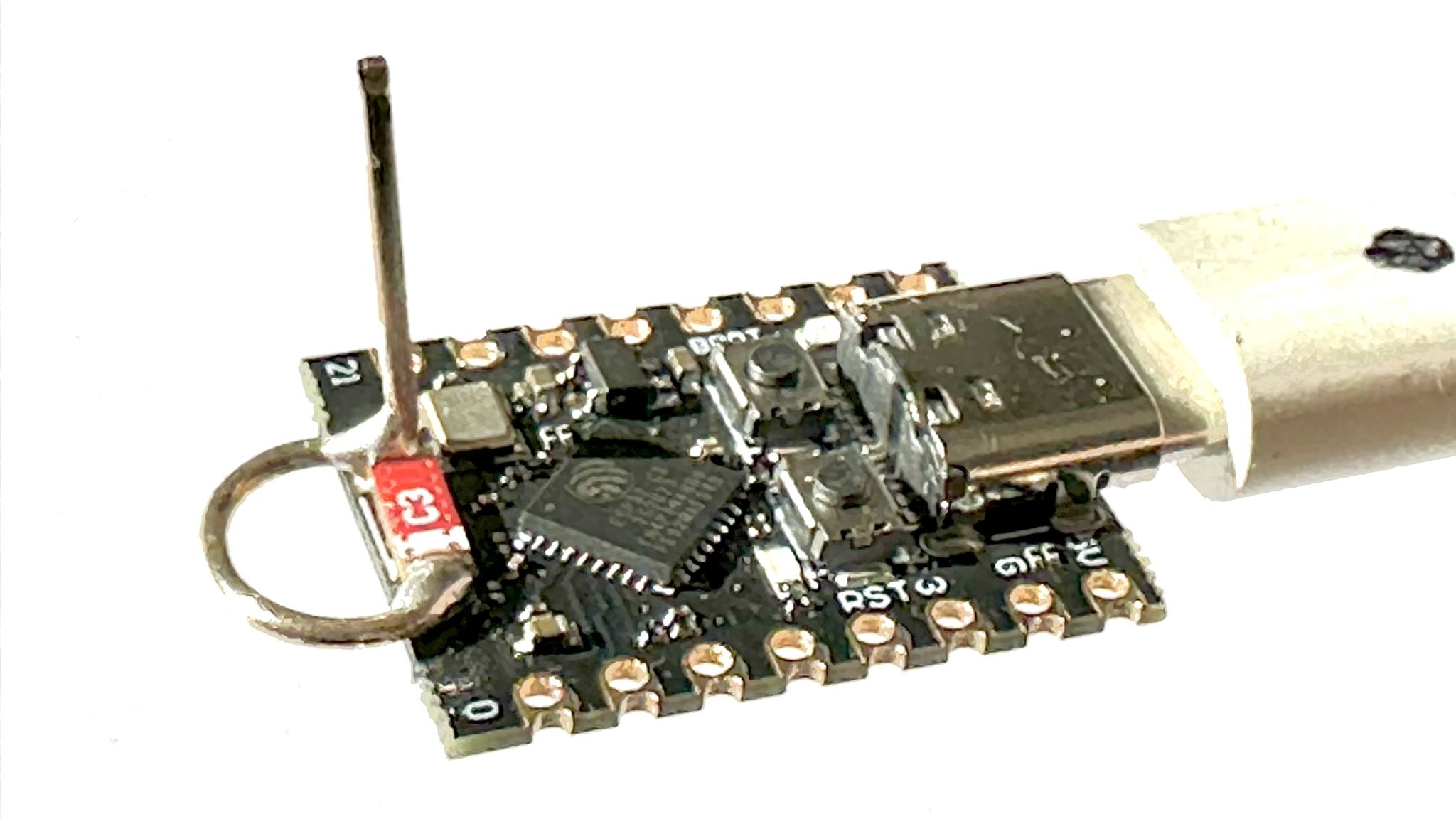
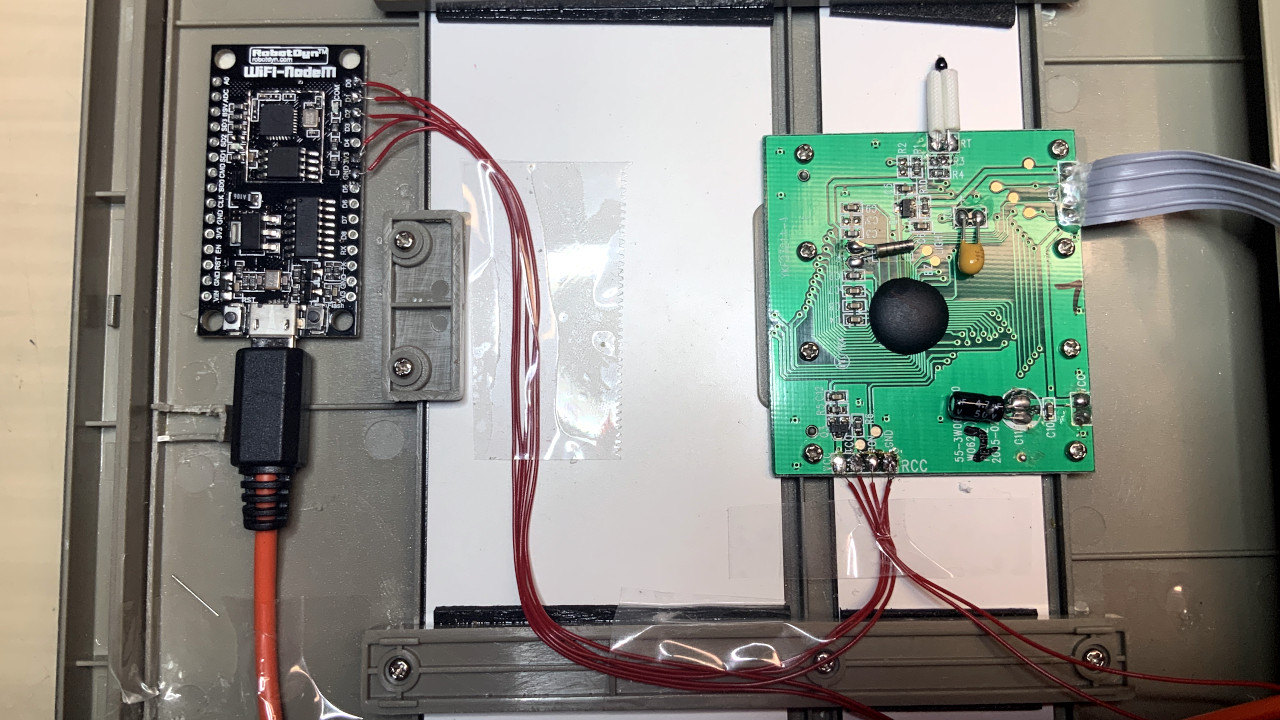



















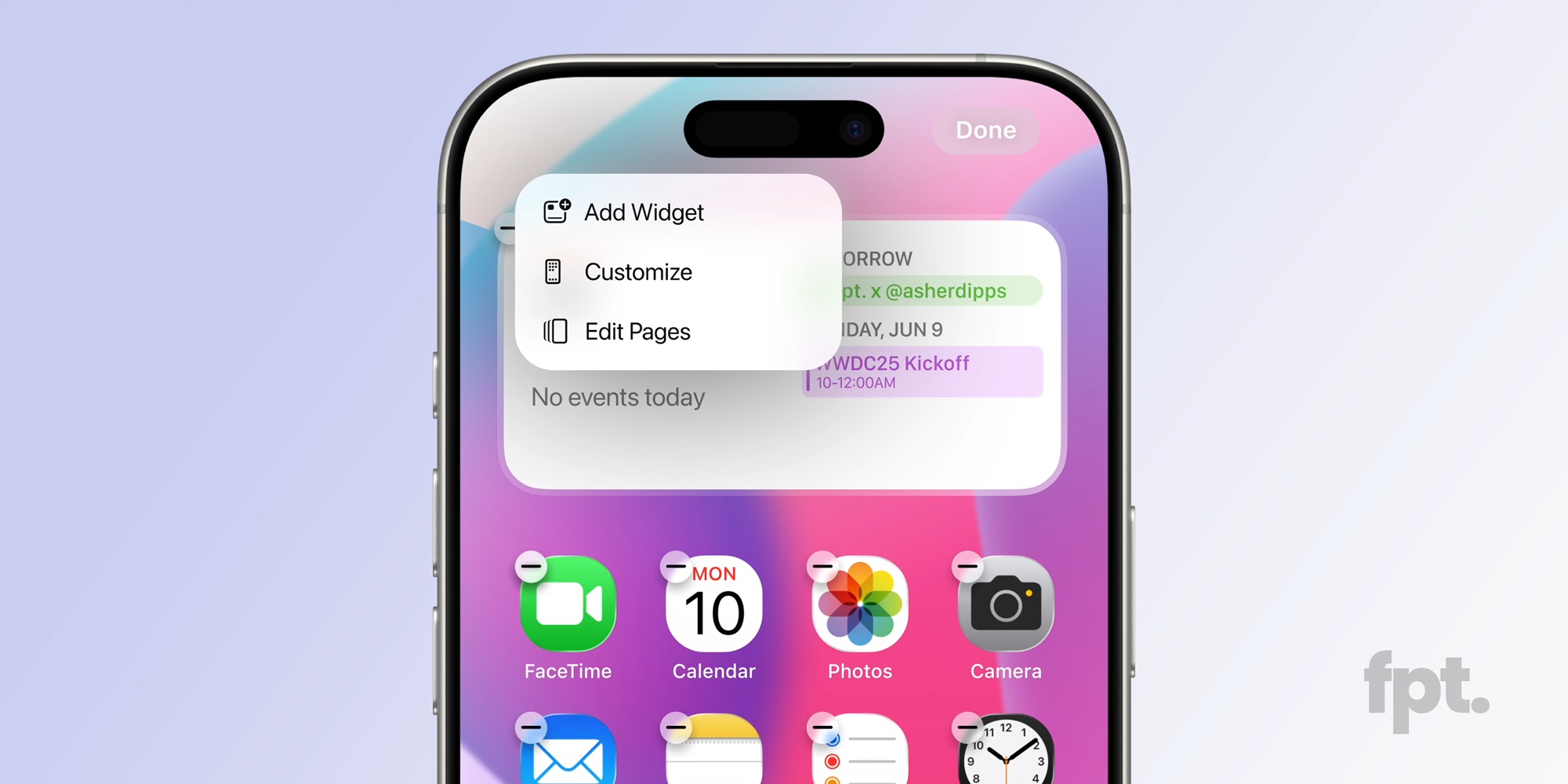




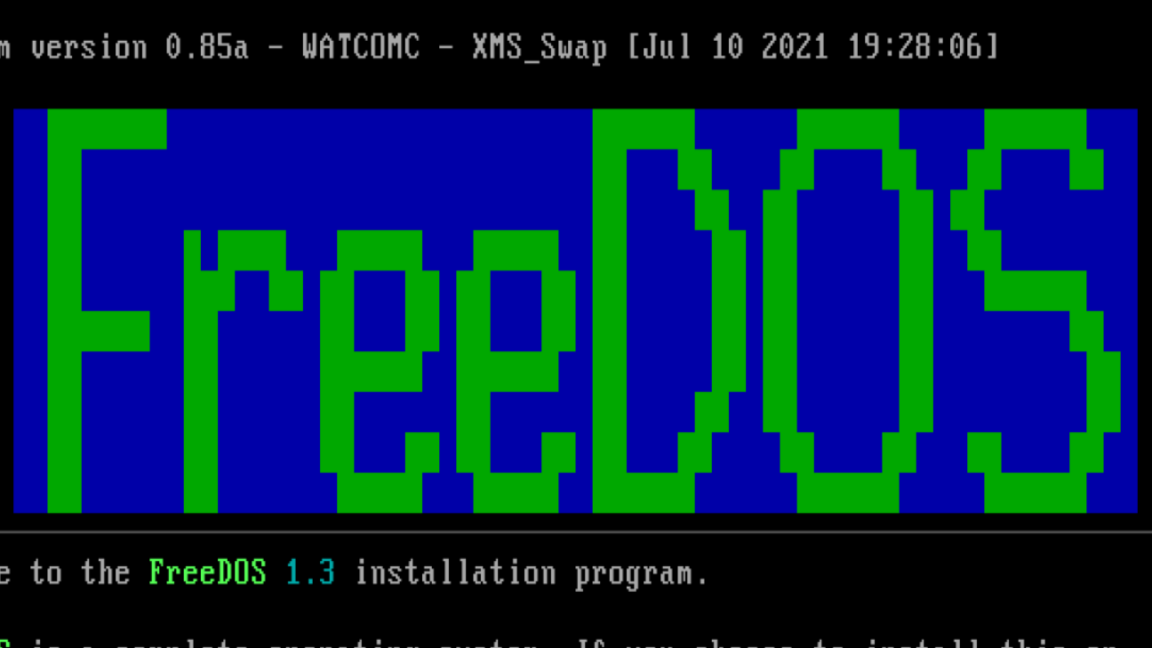
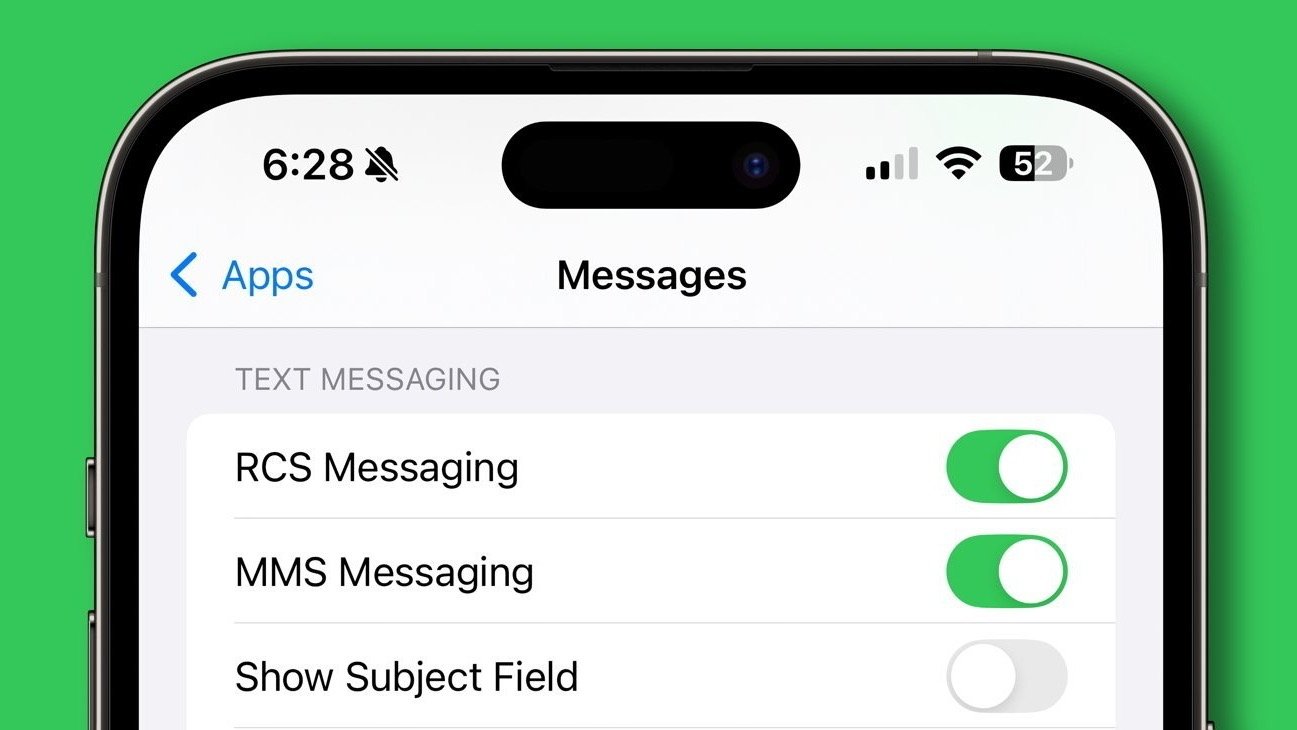
























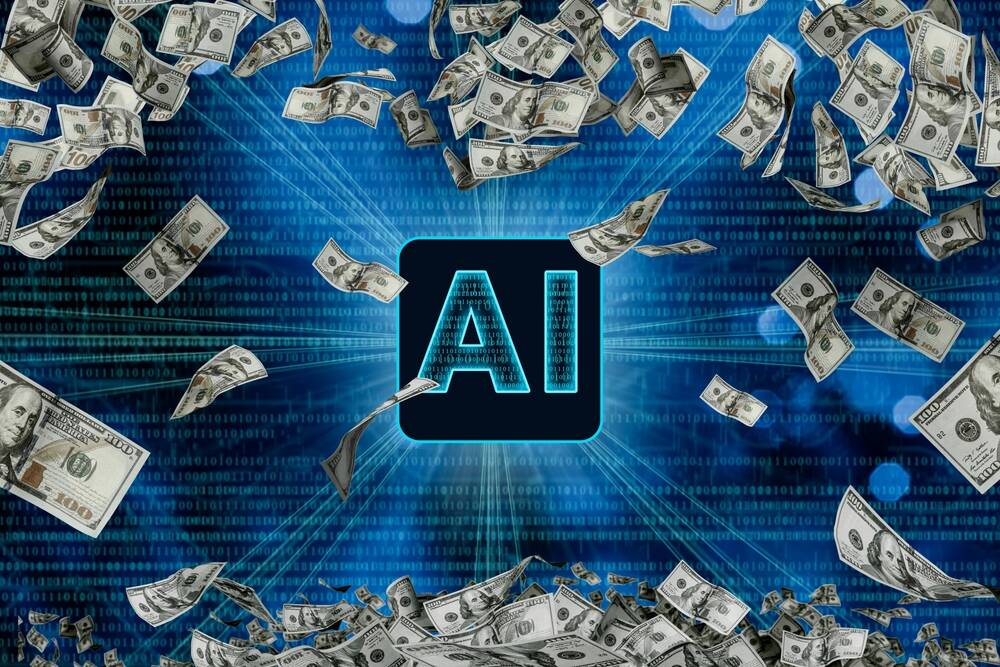
![New iOS 19 Leak Allegedly Reveals Updated Icons, Floating Tab Bar, More [Video]](https://www.iclarified.com/images/news/96958/96958/96958-640.jpg)

![Apple to Source More iPhones From India to Offset China Tariff Costs [Report]](https://www.iclarified.com/images/news/96954/96954/96954-640.jpg)
![Blackmagic Design Unveils DaVinci Resolve 20 With Over 100 New Features and AI Tools [Video]](https://www.iclarified.com/images/news/96951/96951/96951-640.jpg)









































